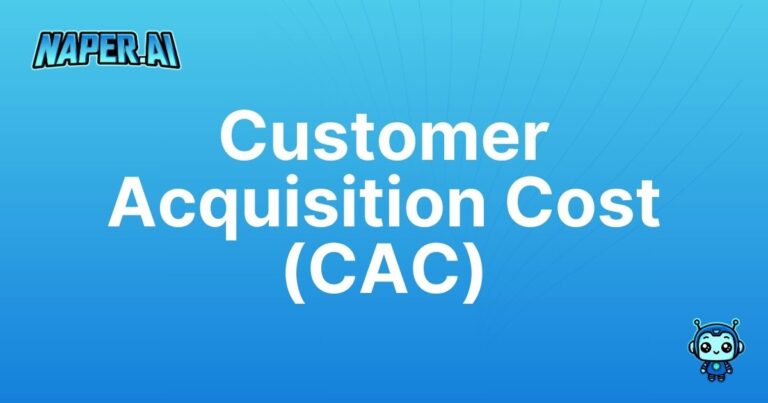Warehouse Management System (WMS)
Revolutionize Your Inventory Handling
A Warehouse Management System (WMS) can drastically streamline your logistics by automating key inventory processes, reducing errors, and enhancing overall efficiency.
What Is a Warehouse Management System (WMS)?
A Warehouse Management System (WMS) is a digital solution that optimizes the operations within a warehouse, including inventory tracking, picking, packing, and shipping. It’s crucial for e-commerce businesses aiming to scale efficiently.
Pro Tips & Best Practices
- Choose a scalable WMS to accommodate future growth.
- Integrate WMS with your e-commerce platform for real-time updates.
- Utilize barcode scanning to reduce manual errors in stock handling.
- Regularly audit your processes and data to maintain accuracy.
- Train staff thoroughly to leverage all features of the WMS.
Why Is a Warehouse Management System (WMS) Important?
- A WMS increases operational efficiency, reduces labor costs, and improves shipment accuracy, which is vital for customer satisfaction and retention.
- According to industry reports, implementing a WMS can lead to a 25% increase in productivity and a 20% reduction in inventory carrying costs.
Practical Applications
- Order Fulfillment: Automates the picking process to ensure quicker order dispatches.
- Stock Replenishment: Alerts on low inventory levels, prompting timely replenishment actions.
- Inventory Accuracy: Minimizes discrepancies with real-time tracking and automated stock counts.
Quick FAQ
- How can a WMS increase my business efficiency? Seamlessly manages and tracks inventory, reducing errors and labor costs.
- Is it possible to integrate WMS with existing systems? Yes, most modern WMS solutions offer integration capabilities with e-commerce platforms and ERPs.
- What is the typical ROI timeframe for a WMS? Most businesses see ROI within 12 to 18 months due to operational efficiencies.
- How does a WMS support scalability? By automating processes, it allows for handling larger volumes without proportional increases in labor.
- Can a WMS help with compliance? Yes, it helps in maintaining records for audits and compliance with industry standards.







